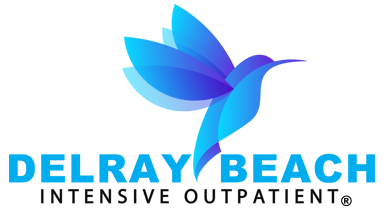When a friend or family member is addicted to drugs, you may feel the strong urge to talk to them about it. It’s incredibly important to be sure that you’re going about it as positively and compassionately as possible, all while respecting yourself.
Learn About Addiction
Starting a conversation begins with educating yourself about addiction. Learning more about the effects of alcohol or drugs on physical and mental health will put you in a better position to understand what your loved one may be going through. The National Institute on Drug Abuse has many resources for learning and talking about addiction.
Accept Them
Only after you understand how addiction is affecting your loved one will you be able to separate the person from their drug or alcohol addiction. This is an incredibly important step; by accepting the individual, you can then place your focus on rebuilding your relationship and the role you will play in their addiction treatment.
Set Boundaries
Think about what kinds of behavior you’re no longer willing to accept from yourself or your loved one. For example, you may decide that you’ll no longer tolerate abusive behavior. Then, decide on the consequences if your loved one chooses not to respect your boundaries.
Be Positive
Use positive statements that communicate respect and support. For example, instead of shaming them for having an addiction, communicate that everyone needs help at one time or another, and that their addiction is nothing to be ashamed of. Tell them that you love them no matter what, and then ask how you can help them.
Don’t Be Afraid to Be Honest
Once you communicate that you love them and are concerned about them, let them know how their drug abuse affects you. Give specific examples that illustrate why you’re concerned, but instead of saying, “You did this, and it made me feel bad,” say “I feel ___ when we ___.” Then communicate your boundaries to them. State the things you’ll no longer tolerate, along with consequences if your boundaries are disrespected.
Listen to What They Have to Say

Communication is a two-way street. Once you’ve told your loved one about your concerns and asked them a few questions, it’s your turn to not only listen, but listen actively. Pay attention to what your loved one is saying to you.
Avoid trying to tell them what you think they should or shouldn’t do or forcing them to reveal personal information about their health. Instead, reiterate that you love them, and then communicate your availability if they ask for your assistance with seeking professional support services for their substance use disorder.
Finally, always take good care of yourself. Find support groups that specialize in helping families and friends cope with their loved one’s addiction. Often, addiction treatment centers will offer these health services.
Delray Beach Intensive Outpatient’s evidence-based, innovative addiction treatment methods help those with addiction to achieve long-term results. Call (561) 678-0618 today to discover the difference.
